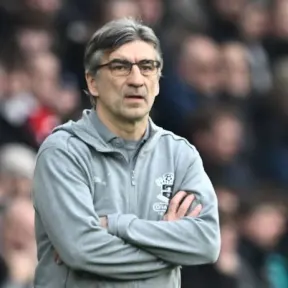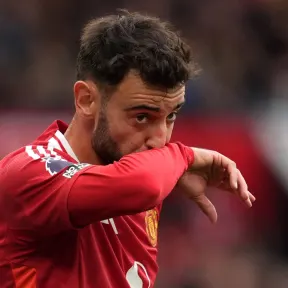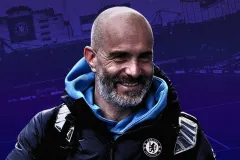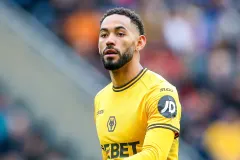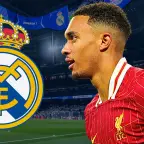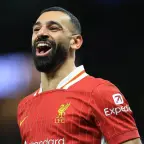More Kanes, fewer fans? What landmark investor vote means for the Bundesliga
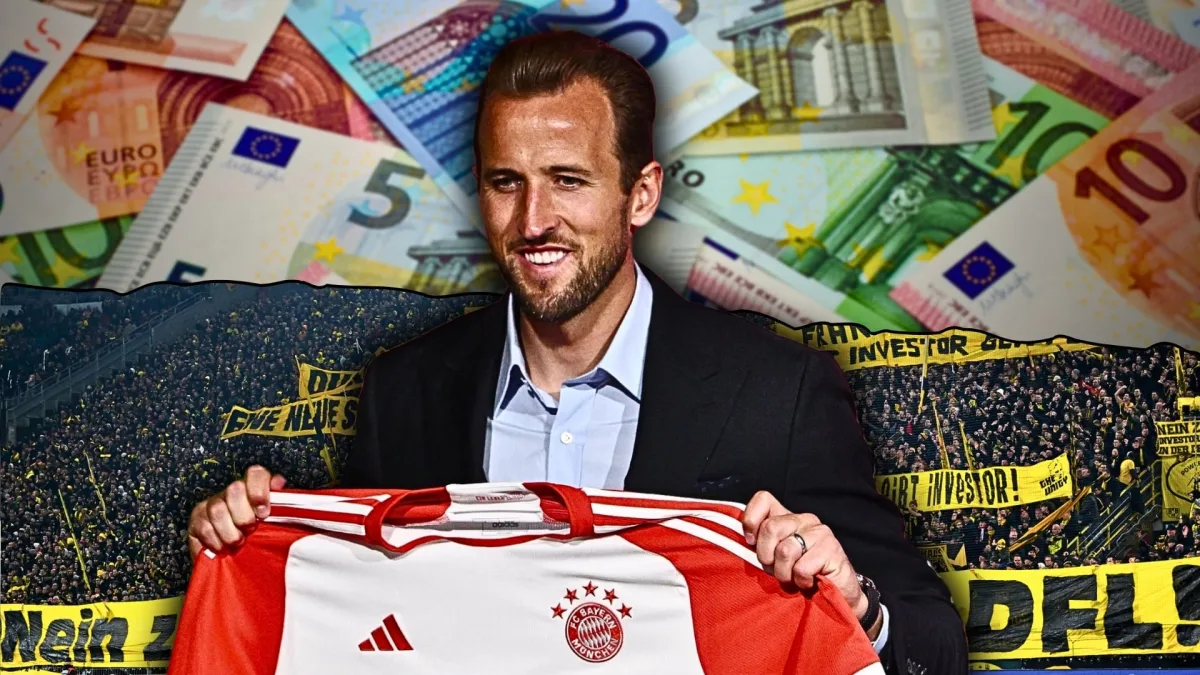
The Bundesliga as we know it is changing.
Club bosses of the 36 sides in the top two German divisions have, by the slightest margin possible, voted to allow the DFL, the Bundesliga and 2. Bundesliga's governing body, to negotiate with an investor to flush fresh funds into German elite football. The goal? To establish the top flight as the second-best and second-most-attractive league in Europe behind the Premier League.
In May, a similar vote had already failed to garner the necessary two-thirds majority, but this time around, a single vote made all the difference. It is a landmark result that is dividing opinions. While many fans feel betrayed, especially in light of what is happening to the French Ligue 1 since CVC came on board, many club chiefs, particularly those of the bigger sides that will most stand to gain from this vote, are rejoicing.
Given the unique conditions in the Bundesliga, what with the vaunted 50+1 rule, the plans that will now be implemented are still relatively modest. Compared to other leagues, the investor should, in theory at least, only have a very limited say in how things are run; in practice, things will likely look quite different - and this is what fans are dreading.
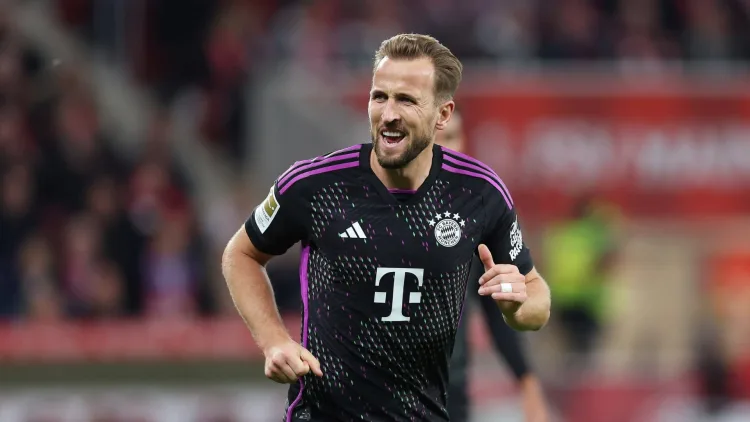
What does the investor vote mean?
At the weekend, most Bundesliga grounds were the scene of protests against the vote, with fans imploring their club representatives to vote 'no.' Having witnessed the rapid commercialisation of the Premier League and even to some extent of the Bundesliga with the emergence of RB Leipzig and the now-scrapped Monday evening games, fans fear that their beloved league will be turned into a 'product' whose sole aim is to generate as much profit as possible.
Rising ticket prices are already affecting many German fans, in addition to the ever-increasing cost of living, and most are convinced that a private equity firm teaming up with the DFL will only exacerbate the problem. The likes of Advent, Blackstone, CVC and EQT have all expressed an interest in getting involved.
The DFL is hoping to pocket revenues in the billions by bringing an investor on board and the trickle-down effect of this will, of course, influence clubs and the way they conduct business. Indeed, we are already seeing a shift in the way some clubs act.
Bayern splashed €100 million on Harry Kane in a deal that can rise to €120 million in the summer and RB Leipzig also got in on the act, though they at least raked in a fortune from sales first. All told, the Red Bulls and the Bavarians both shelled out north of €150m on new players in the summer. These kinds of figures were previously unheard of.
Clubs having more money at their disposal could see more Kane-type deals and could make a team like Dortmund more competitive in Europe, but it will also inevitably widen the gap between the big sides and the small ones. It remains to be seen what will ultimately happen, but it is telling that the matchgoing fans are worried, while functionaries and bigwigs are jubilant.

